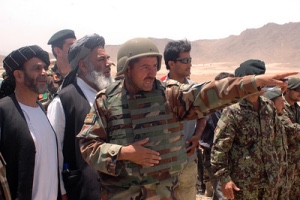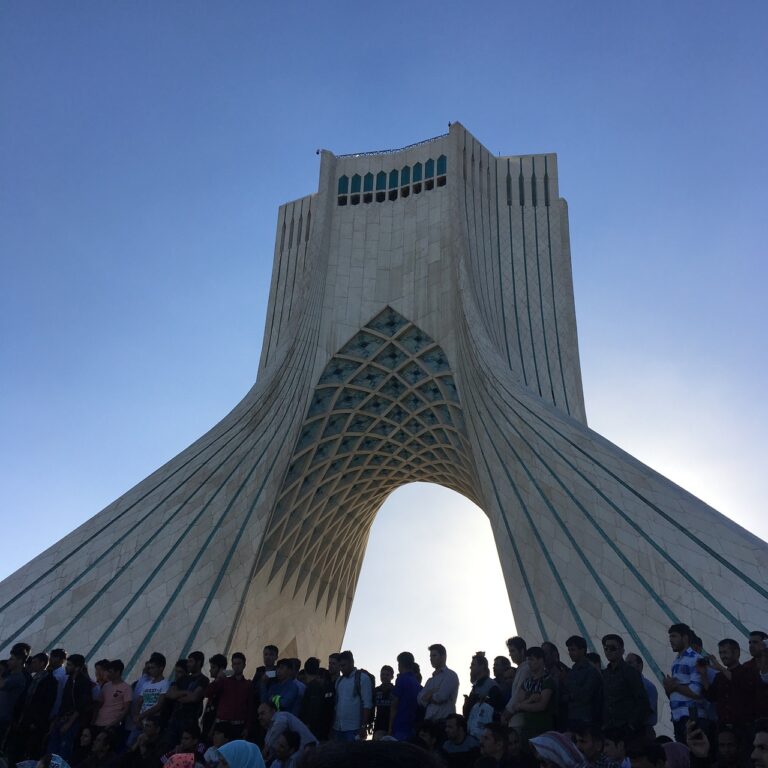
Afghan Crisis: Part II
 By Venkatesh Raghavan
By Venkatesh Raghavan
While some say it’s about American military honour being at stake if the US refuses to provide shelter to those locals who had worked directly under their armed forces against the Taliban militia, it’s a known fact that such an accommodative gesture is infeasible from the point of view of the West in general. This is not to say that the West is entirely to be blamed for such an Augean mess. The local administration’s governance was replete with corruption and inefficiency besides being responsible for acts of brutality on its citizens. Consequently, as a typical instance of the solution being worse than the problem, the Taliban militia are back on the hot seat.
Understandably, there is call from rightwing elements from India for direct military intervention to save Afghanistan from falling into the hands of terror elements. However, what those crying hoarse fail to realize is there are precious lessons to be learnt from history. To begin with, we do not have a land border with Afghanistan. This is a big dampener in itself. Secondly, no army or military force will ever attempt action on any territory without assurance of support from the locals. For example, we won the Kargil war mainly because we enjoyed support from the locals besides the historic feats of the IAF. Historically speaking, even the ubiquitous British Empire failed to take control of Afghanistan when at the peak of its military might. In addition it’s a known fact that despite American drones bombing Afghanistan’s Taliban infested territories over two decades, the allied troops lost the battle fray. What does this directly imply for world governments and political observers closer home?
Also read: Afghan developments trigger an unprecedented refugee crisis
The answers to this question are not likely to come anytime soon and the problem centres on the practical hardships posed, when it comes to providing shelter to such a huge number of refugees. Afghanistan’s immediate Asian neighbours besides other nations in the vicinity already have their hands full with upward of millions of Afghan refugees being permitted to stay in demarcated camps. Countries include Iran, India, Pakistan and China among others. It’s a given that though the Taliban fighters were far fewer in number than the government forces and possessed far less weapons than that supplied to the government forces by the US a topsy-turvy result has been thrown up. The Afghan soldiers and staff have themselves to blame on this count as this was a direct outcome of a local government losing its people’s support.
As of now, the elite class belonging to the governing families and their supporters will turn sitting ducks for the Taliban fighters. The government soldiers already on the surrender mode cannot be blamed for their unwillingness to fight for such a shoddy cause. To make it clear in terms of numbers, there are upward of 40 million Afghans (a conservative estimate owing to lack of any census conducted in recent years) who are on the lookout for gaining refugee status to escape the uncertainty due to the ongoing fight and lack of livelihood or sustenance.
In the absence of proper administrative mechanisms that can ensure smooth functioning both on law and order and economic front, the Afghan crisis is all set to deepen and can in no way get addressed by any external intervention.





